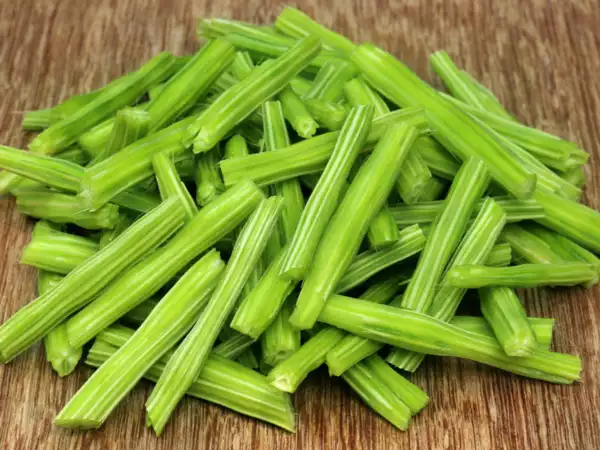Moringa or Drumstick: A Superfood for the Modern Age

Moringa, often referred to as the “drumstick tree,” is gaining popularity as a superfood due to its impressive nutritional profile. Packed with vitamins, minerals, and antioxidants, this plant is celebrated for its potential to boost immunity, enhance skin health, and improve digestion.
The Nutritional Powerhouse
According to Dr. John Smith, a nutritionist at the Harvard Medical School, “Moringa is rich in essential nutrients such as vitamin C, calcium, iron, and potassium, which help support overall health and vitality.” Moringa’s leaves contain seven times the vitamin C of oranges, four times the calcium of milk, and three times the iron of spinach.
A Boost for Heart Health
Research published in the Journal of Clinical Hypertension highlights Moringa’s positive effects on blood pressure. The high potassium content in Moringa helps regulate blood pressure levels, contributing to heart health. Studies have shown that regular consumption may reduce hypertension and cholesterol, reducing the risk of cardiovascular diseases.
Anti-Inflammatory and Antioxidant Effects
One of Moringa’s most prized benefits is its anti-inflammatory and antioxidant properties. A study in Antioxidants & Redox Signaling demonstrated that Moringa extracts significantly reduced markers of oxidative stress, which is a key factor in aging and chronic diseases. The presence of flavonoids, phenolic acids, and other antioxidants helps neutralize free radicals in the body, protecting cells from damage.
Moringa for Diabetes Management
Moringa has also shown promise in managing blood sugar levels. A 2016 study published in Phytochemistry suggested that Moringa leaf powder could lower blood glucose levels, offering a natural supplement for diabetes management. The plant’s ability to regulate blood sugar makes it a valuable addition to the diet for those with type 2 diabetes.
Skin and Hair Benefits
The high content of vitamin A and antioxidants in Moringa makes it beneficial for skin and hair. “Moringa oil has been shown to promote hydration and provide protection from environmental damage,” says dermatologist Dr. Lisa Harrington. The oil is also used in various beauty products for its anti-aging properties and ability to combat acne.
How to Incorporate Moringa into Your Diet
Moringa can be consumed in various forms, such as powder, capsules, or as a tea. Moringa powder can be added to smoothies, soups, or sprinkled on salads for an easy nutritional boost. Many health-conscious individuals also use Moringa oil in their skincare routines.
Final Thoughts
While Moringa has earned its reputation as a superfood, it is essential to note that moderation is key. Overconsumption can lead to side effects such as digestive upset or interactions with medications. As with any supplement, it is advisable to consult with a healthcare provider before adding Moringa to your routine.
Moringa is a nutritional powerhouse that offers an array of health benefits. From promoting heart health to boosting skin radiance, it’s a superfood worthy of your diet.






